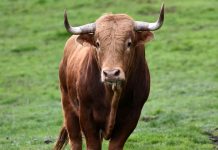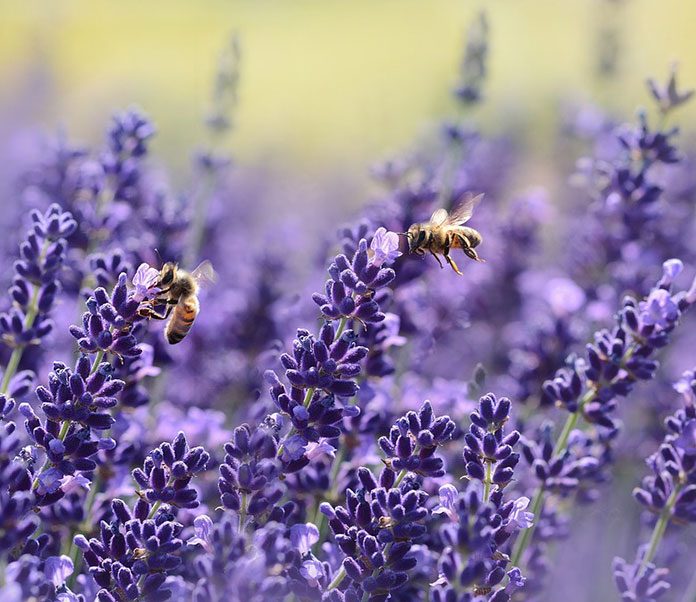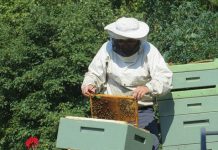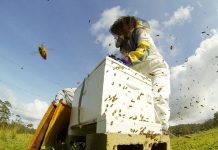Beekeeping is one of the oldest forms of food production dating back as far back as 13,000 BC.
The history dates back to ancient Egypt where it was modernized for that time until around the 1860s when the first system of beekeeping was brought to the United States by a 19th Century native Pennsylvanian named John Harbison. According to history beekeeping was practiced for the harvesting of honey, which is the mainstay of a beekeepers financial sustenance. Other items that are harvested from honey are royal jelly and propolis, which were derived for the use of medicinal purposes. The use of beehive products has changed little since ancient times.
Many different kinds of bees were brought over from places in Europe and even as far as New Zealand. Before the 80s rolled around beekeeping was in fact a hobby and not a means to make a living that was primarily done by farmers or relatives of a farmer who lived in a rural community where you could set up a bee farm and maintained it from time honored traditions passed down through the generations.
In the Asian culture beekeeping was done to produce honey and beeswax (which was used in candle making and other products), but when an American scientist named L.L. Langstroth took beekeeping to the scientific level in 1851 had innovated the bee space and the removable hive frame. It wasn’t until 1857 that it was discovered that bees could be manipulated into building a straight frame hive by providing them with some wax for a foundation. Bees would proceed to use the wax foundation to build a honeycomb the octagon shaped holes that was used to store larvae and later honey once the bees had developed and hatched. Over the next few years’ different techniques had been developed to continue modernizing beekeeping, but the most practical invention wasn’t until 1873, which was the smoker, which was a helpful safety device for many beekeepers. Beekeeping is an art form, which takes a lot of time and practice to master because a skilled beekeeper will learn everything there is to know about beekeeping. Essentially you will be schooled into this way of life so that everything about beekeeping is like second nature to you so you basically eat, sleep, and breathe the art form of beekeeping.
Beekeepers have a term called Apiculturists because that’s what the Department of Agriculture calls them when they’re categorized for what they do. Beekeepers are just small offshoots of the agriculture world since it’s pretty much a world of their own with the fact that what they do began as a hobby had slowly transformed into a way of life for people to earn a living at. Beekeepers that are knowledgeable in biology and entomology can prove to be valuable to the beekeeping market for those who are trying to improve even innovate and create their own unique system of beekeeping which can be passed down to up and coming beekeepers who want to learn how to do successful beekeeping.


































